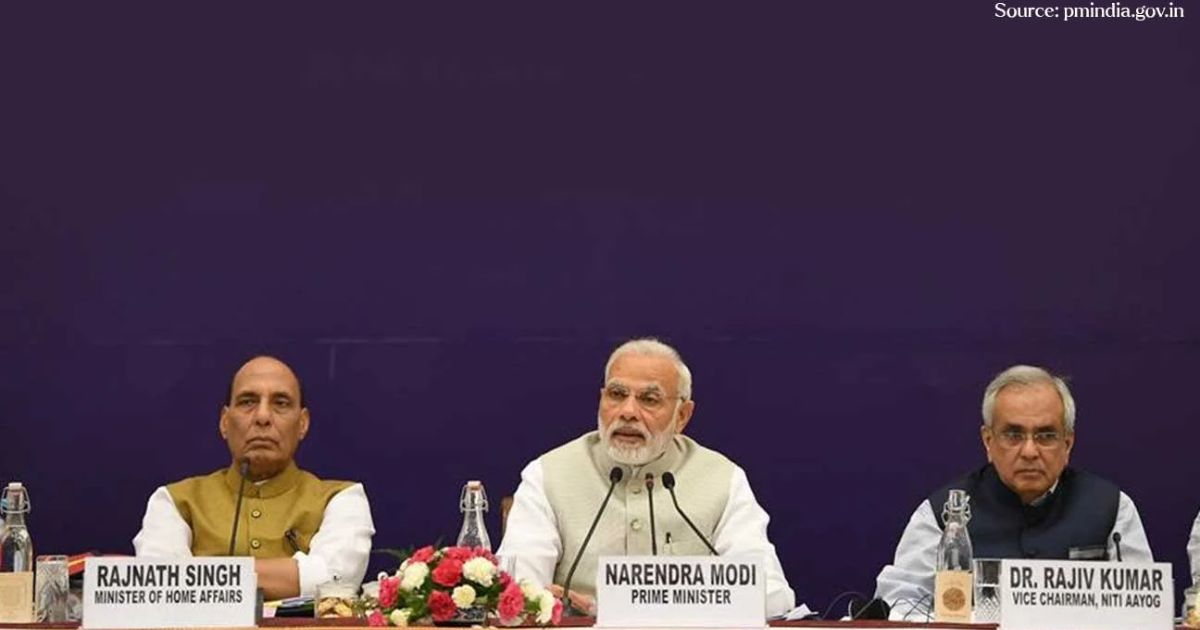Empowering Policy Landscape and Economic Growth in India
National Institute for Transforming India (NITI) Aayog, a strategic institution that is leading the shift to a holistic mental health system, has taken a major stride.
The Indian Government established NITI on January 1, 2015, as an acronym derived from the Sanskrit term meaning righteousness and guidance, representing a policy leadership light in contemporary times.
After 65 years of Planning Commission’s existence, NITI Aayog re-shifted the thinking on policy formulation.
This is why Niti Ayog is positioned as the premier policy-making body which aims to strengthen the country’s growth trajectory while building a strong and dynamic country.
At its core, Niti Ayog seeks to steer India into being a world power by causing sustainable development and progress.
The Evolution: NITI Aayog’s Integral Role in Mental Health Advancement
A National Workshop on “Strengthening Mental Health Services and Care in India” was organized by NITI Aayog as part of its efforts to create an integrated mental healthcare ecosystem.
It was an extraordinary meeting point for states, union territories, sector experts and development partners.
With innovative panel discussions and interactive sessions that attempted to unpack current challenges, share perspectives on on-going initiatives and map out enlightened ways forward.
Addressing the Critical Imperatives: The Crux of India’s Mental Health Landscape
1. Navigating the Rising Tide of Mental Health Illness
India faces burgeoning prevalence of mental health disorders across all parts of country. To deal with this rapidly growing menace demands urgent interventions that brings in heavy support structures.
2. Unshackling the Chains of Discrimination and Stigma
Pervasive discrimination keeps most people suffering from mental illnesses away from timely help at their time of need due to deep-rooted social stigmas related to mental health matters in India.
In such an environment people often find it difficult to get timely help and understanding.
3. Addressing Rural Inequities through Expansive Inclusive Programs
The severe scarcity of mental health care services, particularly in rural areas, emphasize the need for broad and inclusive interventions.
Bridging this gap is critical and will ensure that every person living in the country has equal access to mental health support services.
4. Raising the Banner of Awareness and Knowledge
However, a significant knowledge deficit is still an obstacle when it comes to mental health.
This knowledge gap can only be addressed by comprehensive education and outreach initiatives that work towards creating a society capable of recognizing and dealing with different aspects surrounding mental health disorders.
5. The Psychological Wake of Emergencies and Pandemics
Emergencies and pandemics cause psychological distress felt as stress, anxiety and depression among individuals.
Understanding these psychological effects is important to protect the mental well-being during crises.
6. The Crucible of Workplace Stress
Given its impact on individual mental health, stress within workplaces poses a serious threat.
The workplace stress can be tamed by creating supportive environments that are conducive for all employees.
7. Unveiling the Vital Role in Suicide Prevention
Suicidal thoughts or behaviors are among critical issues with respect to mental health. It forms a basis for prevention, intervention, and support mechanisms designed to address such problems from occurring in future.
NITI Aayog’s Visionary Directive for Mental Health Progress
While India is navigating the intricate field of mental health challenges, NITI Aayog’s resolve to lead innovative initiatives has remained constant.
It is a turning point in the country’s quest for a strong mental healthcare ecosystem because it marks an all-round approach involving awareness, accessibility and destigmatization.
This confluence of stakeholders under Niti Aayog’s aegis represents a common determination to create an India that is more compassionate, understanding and mentally strong.


























